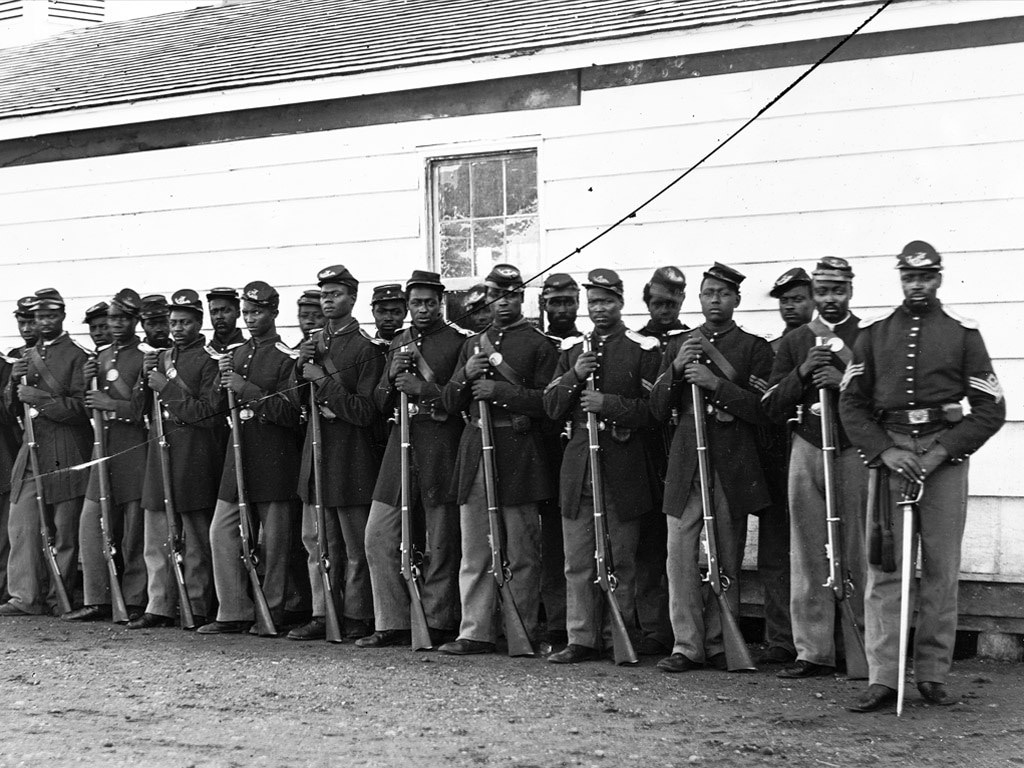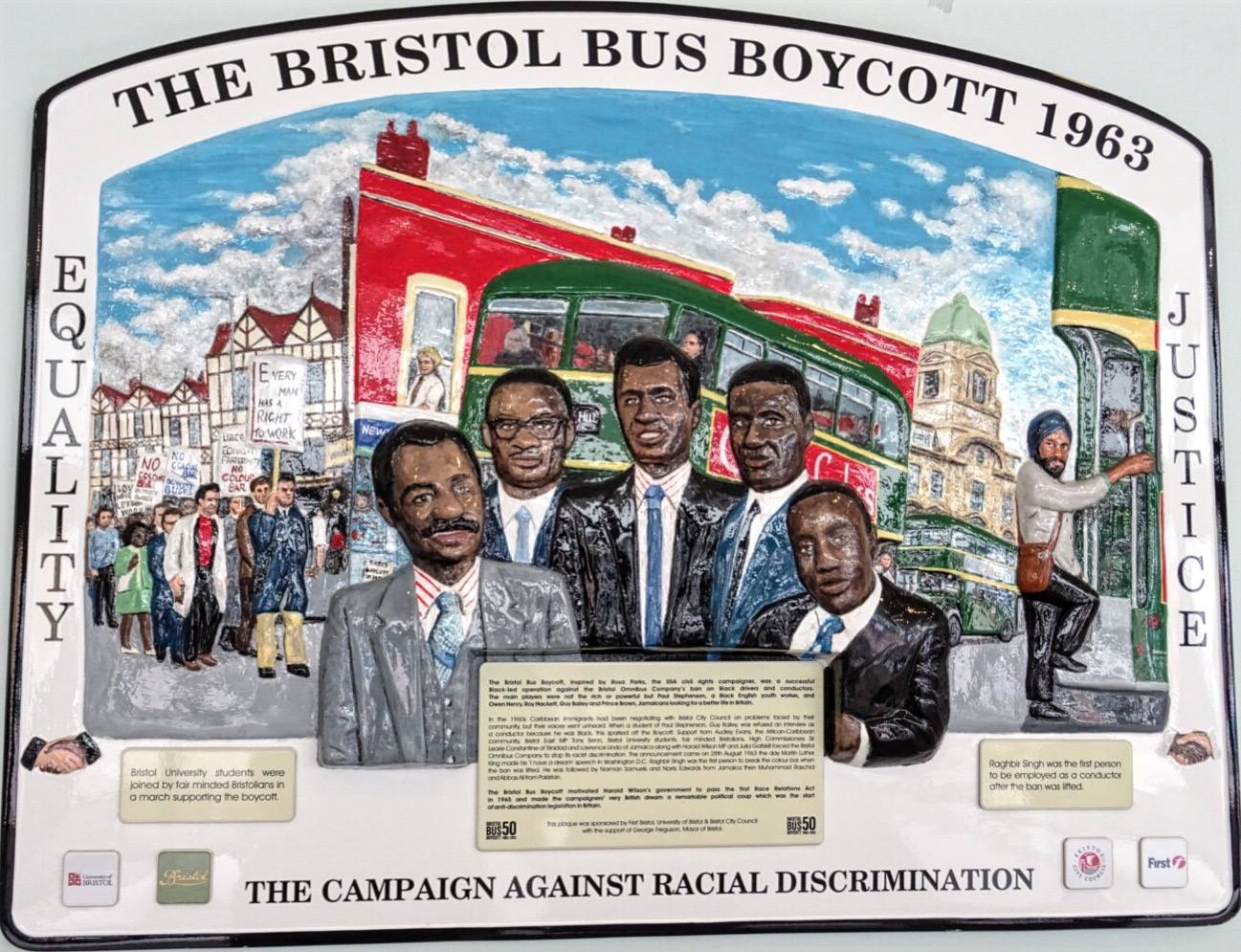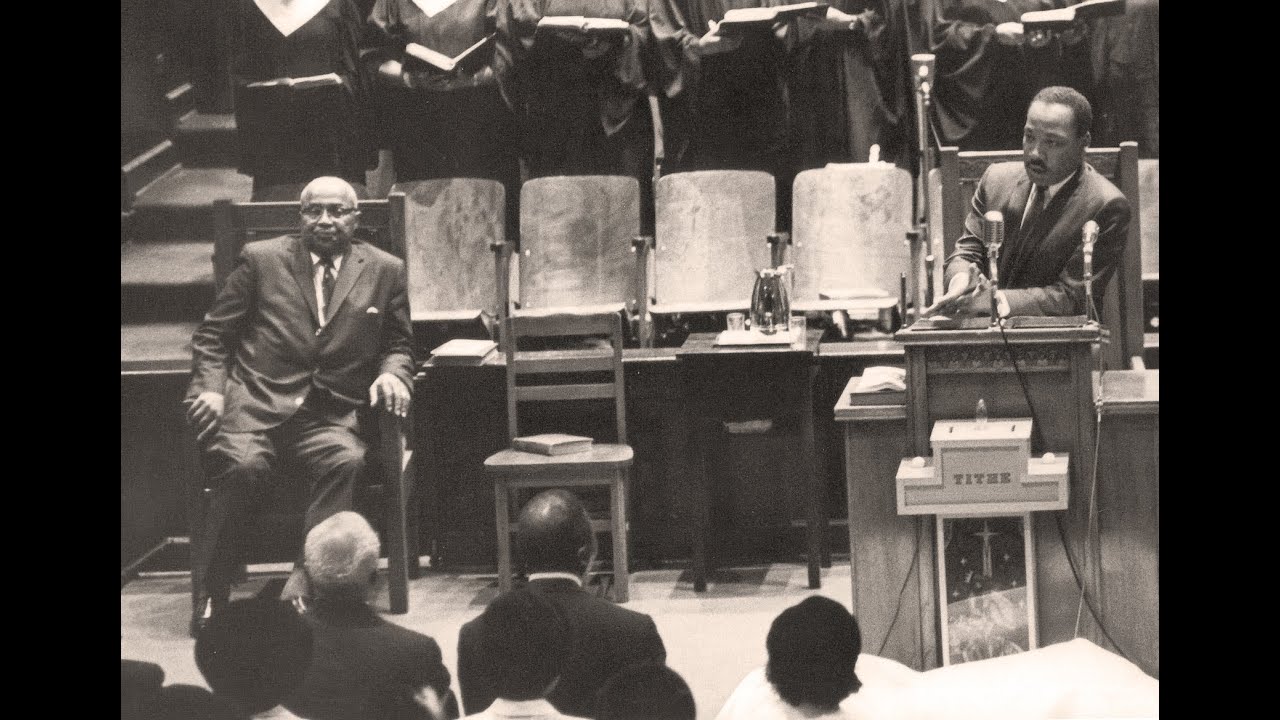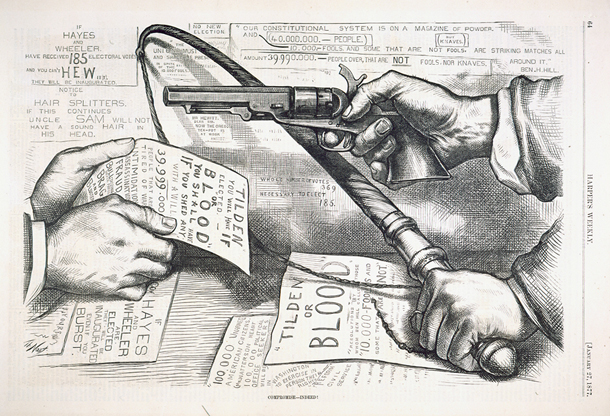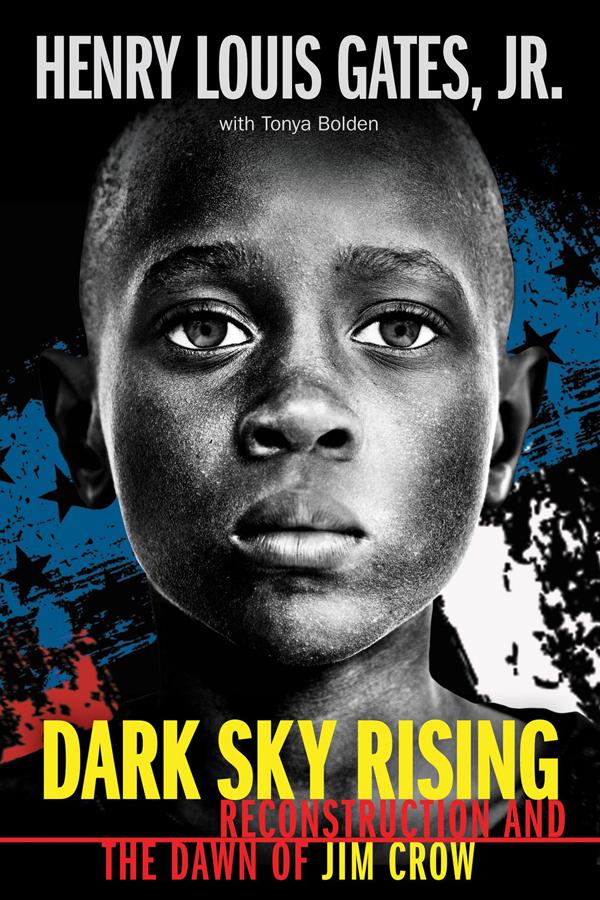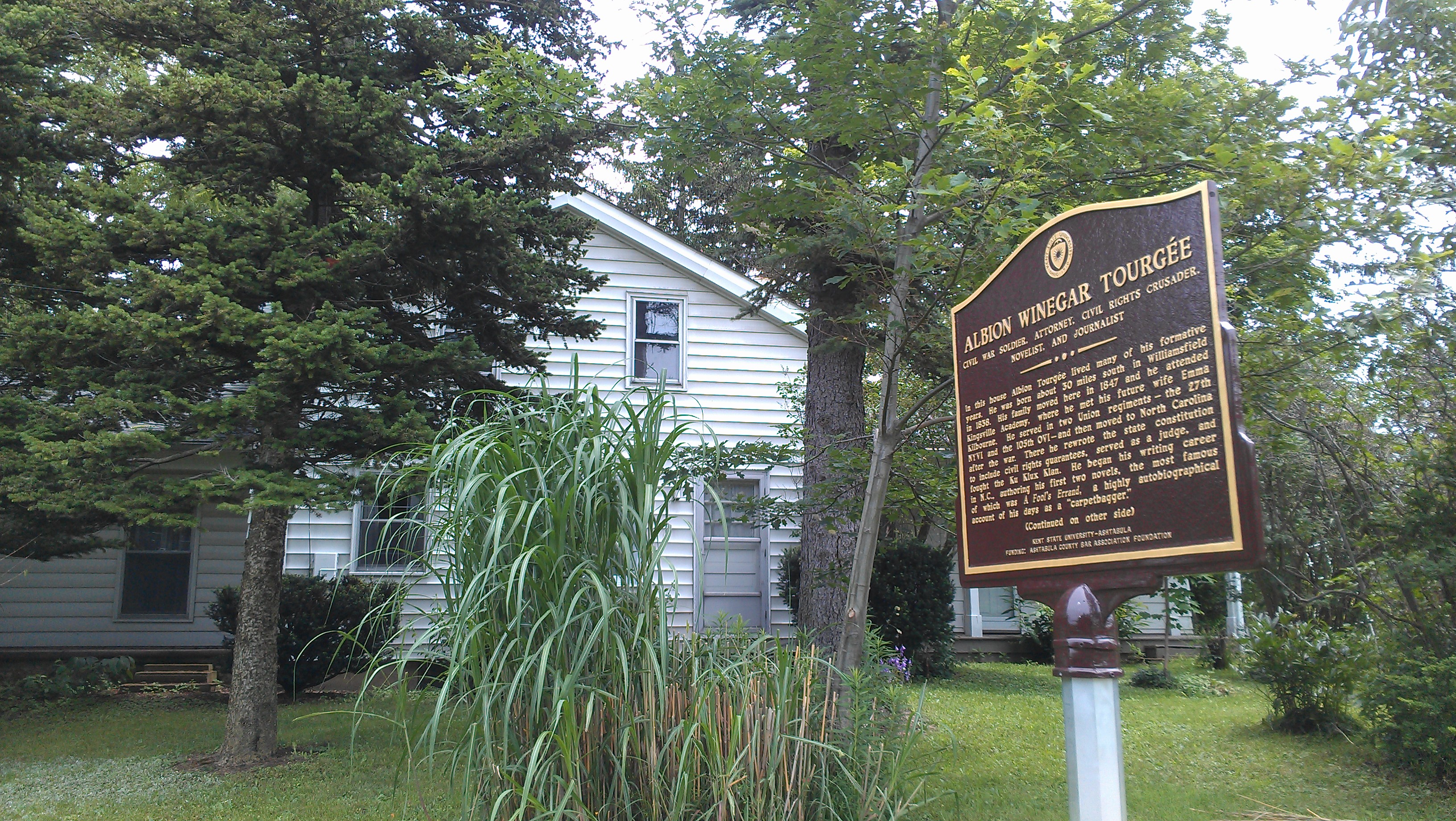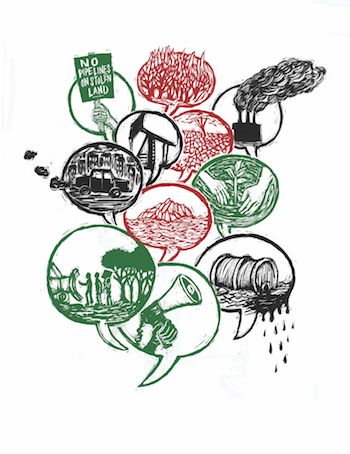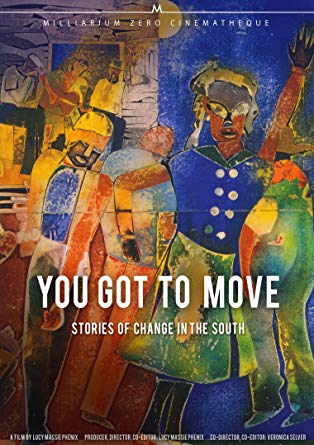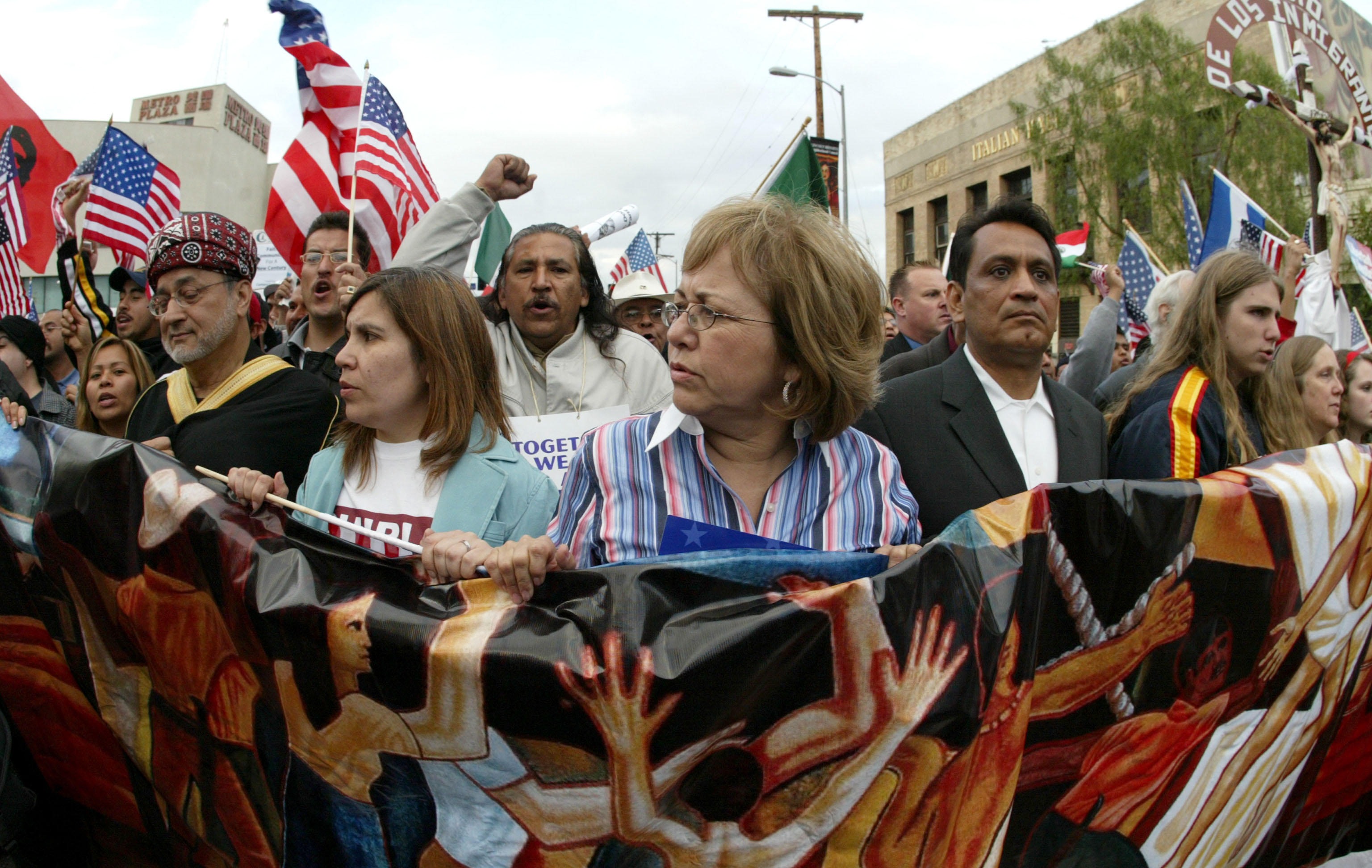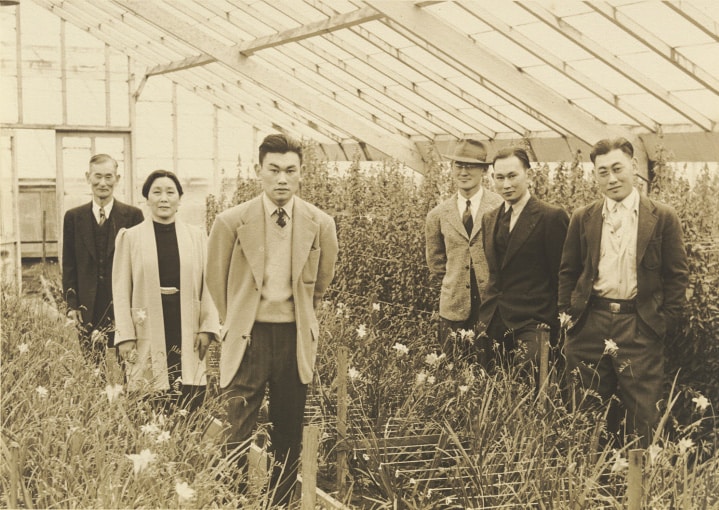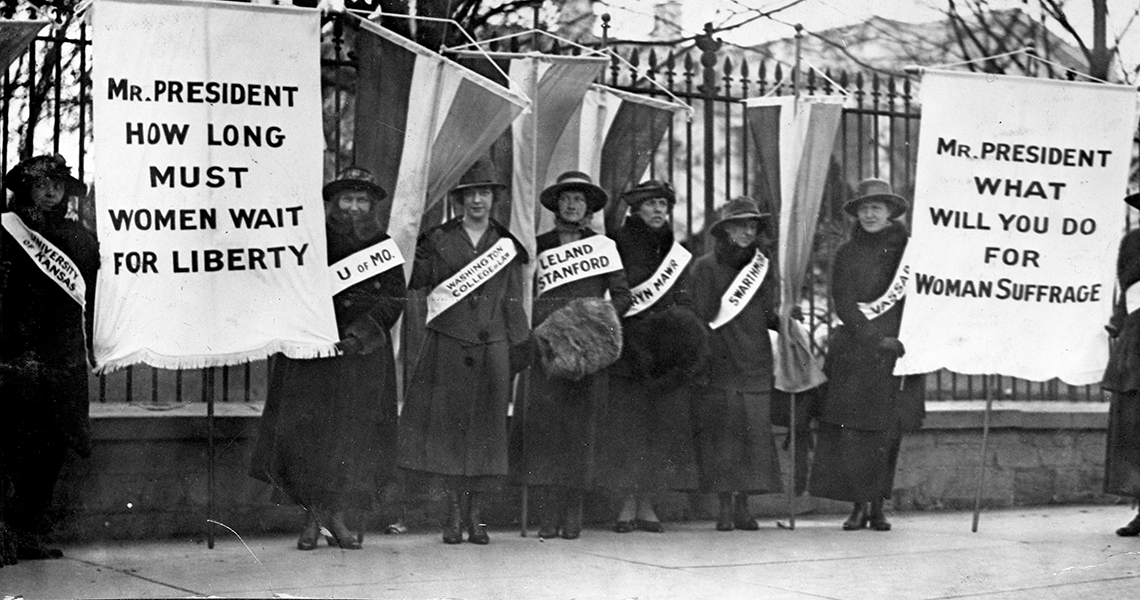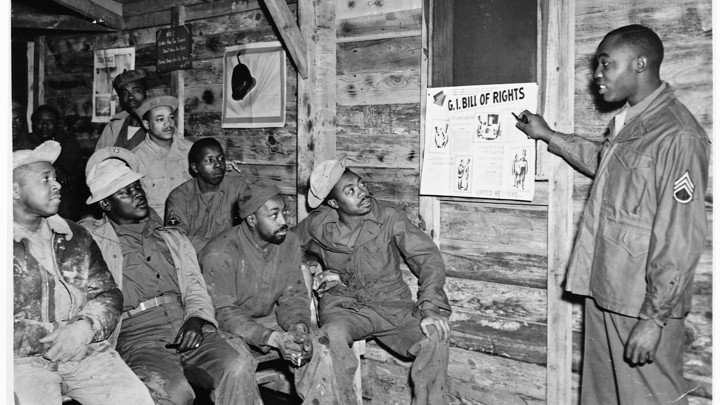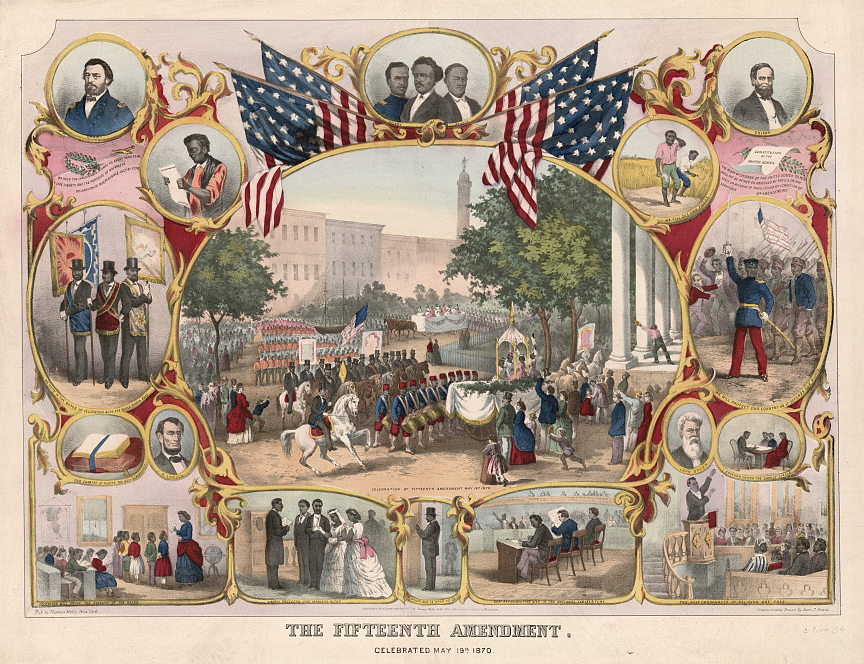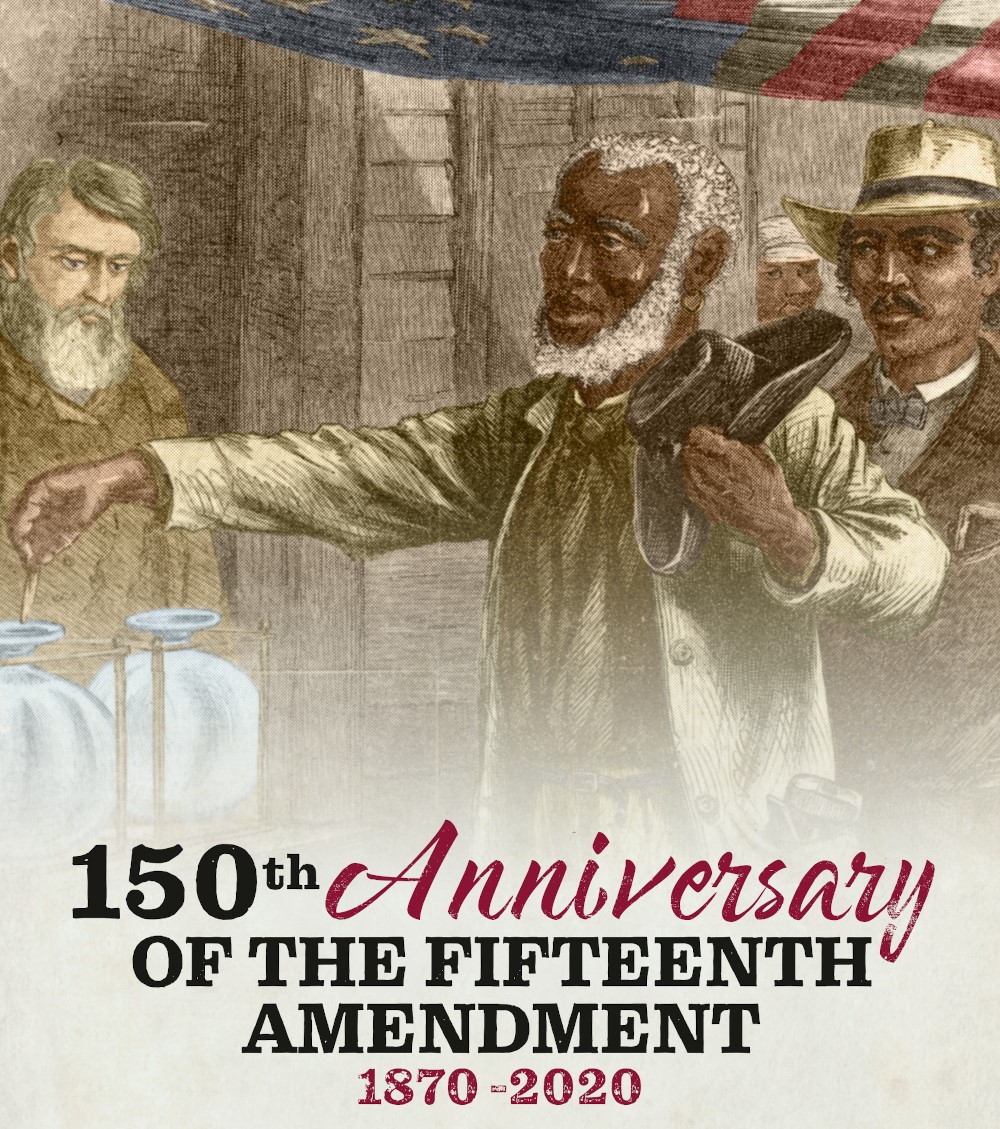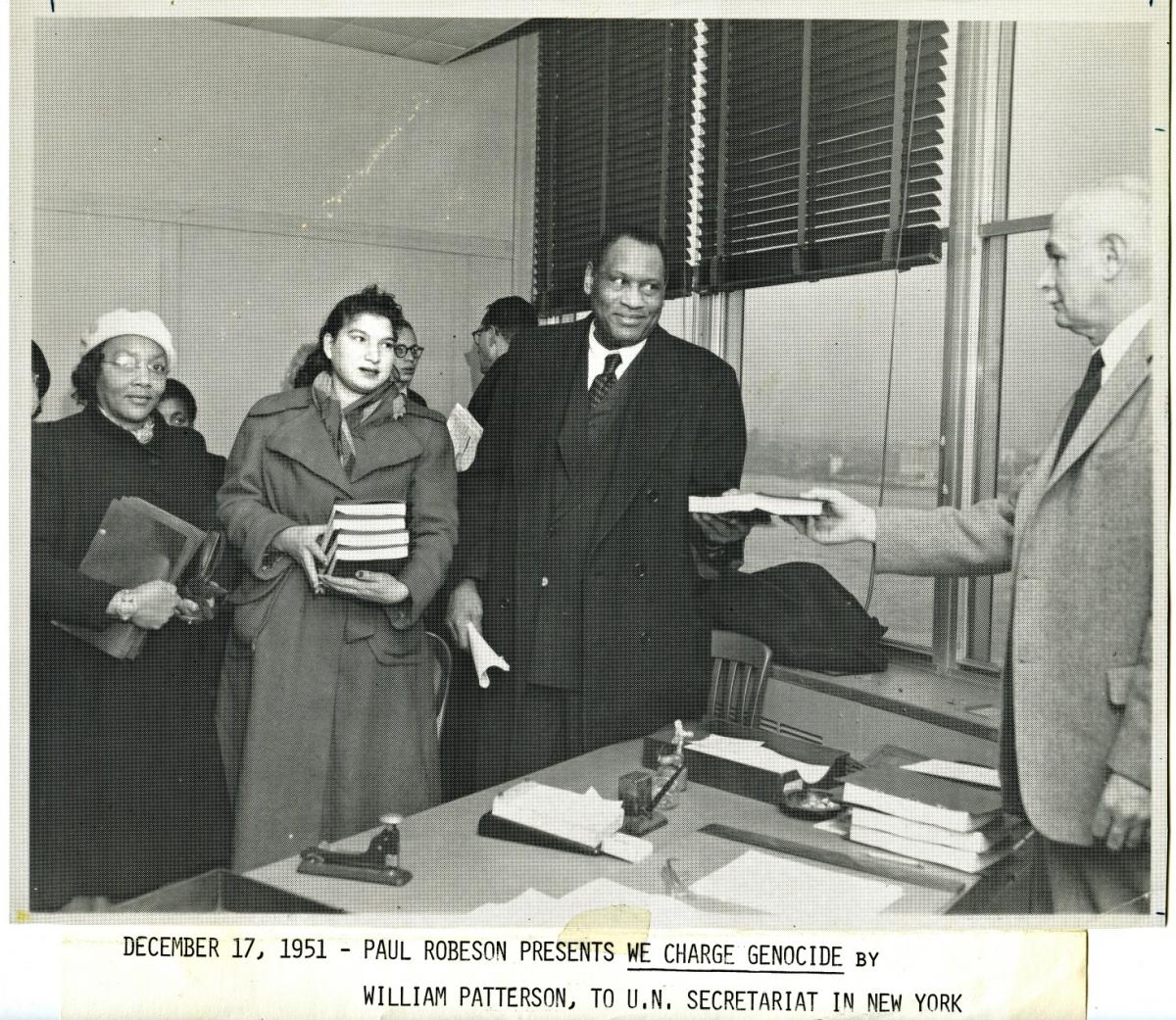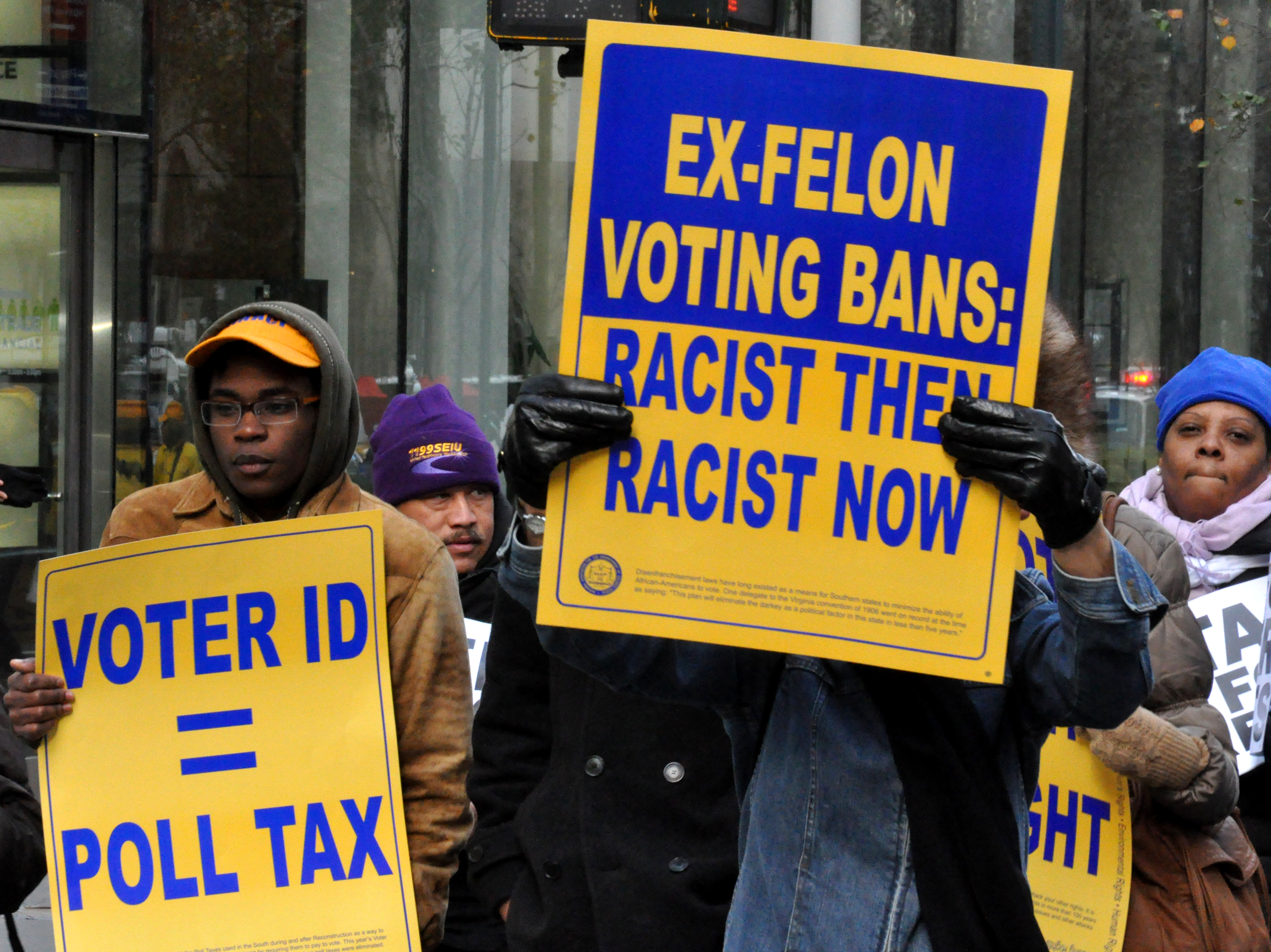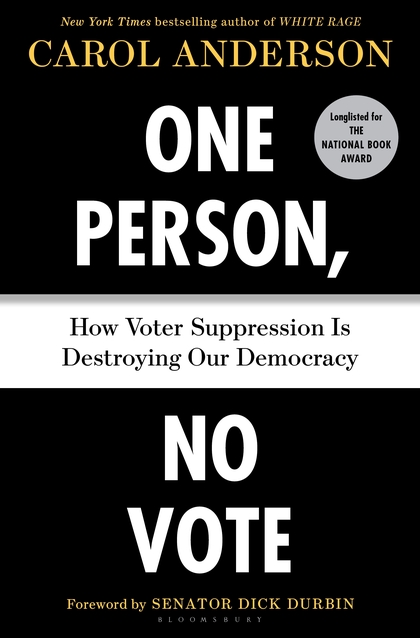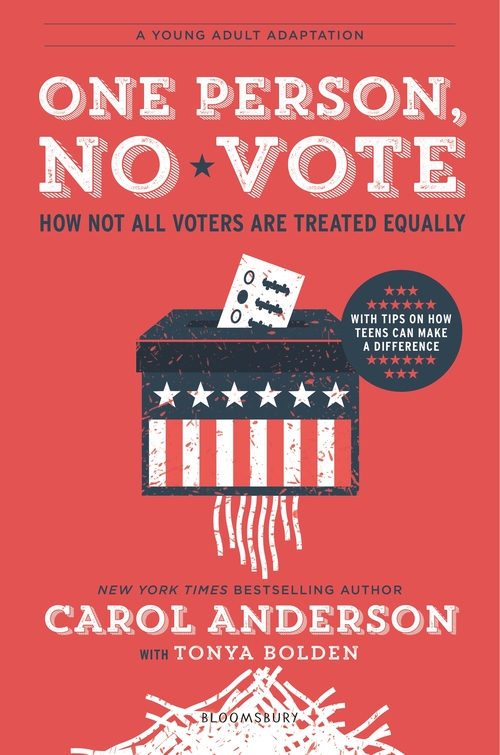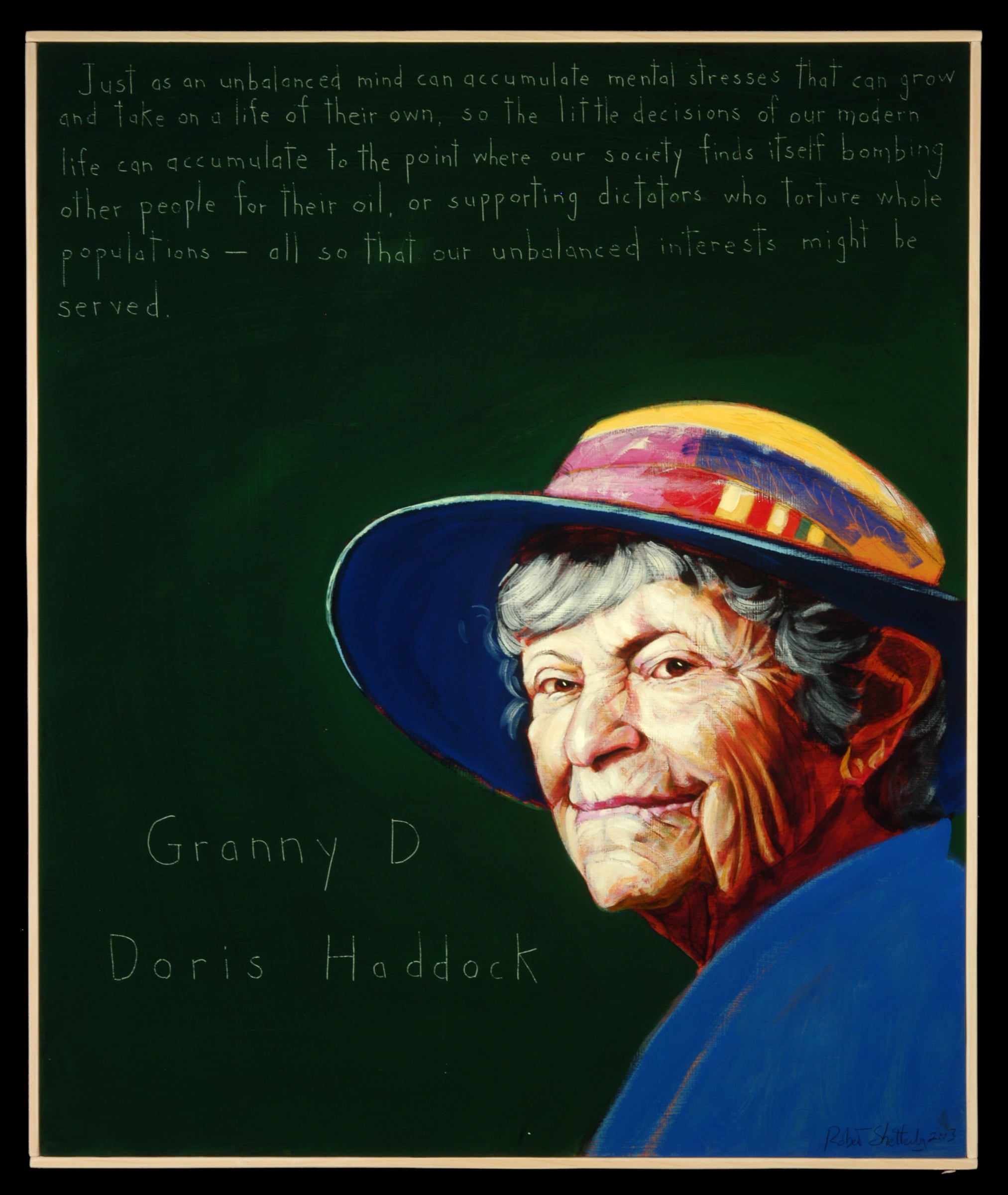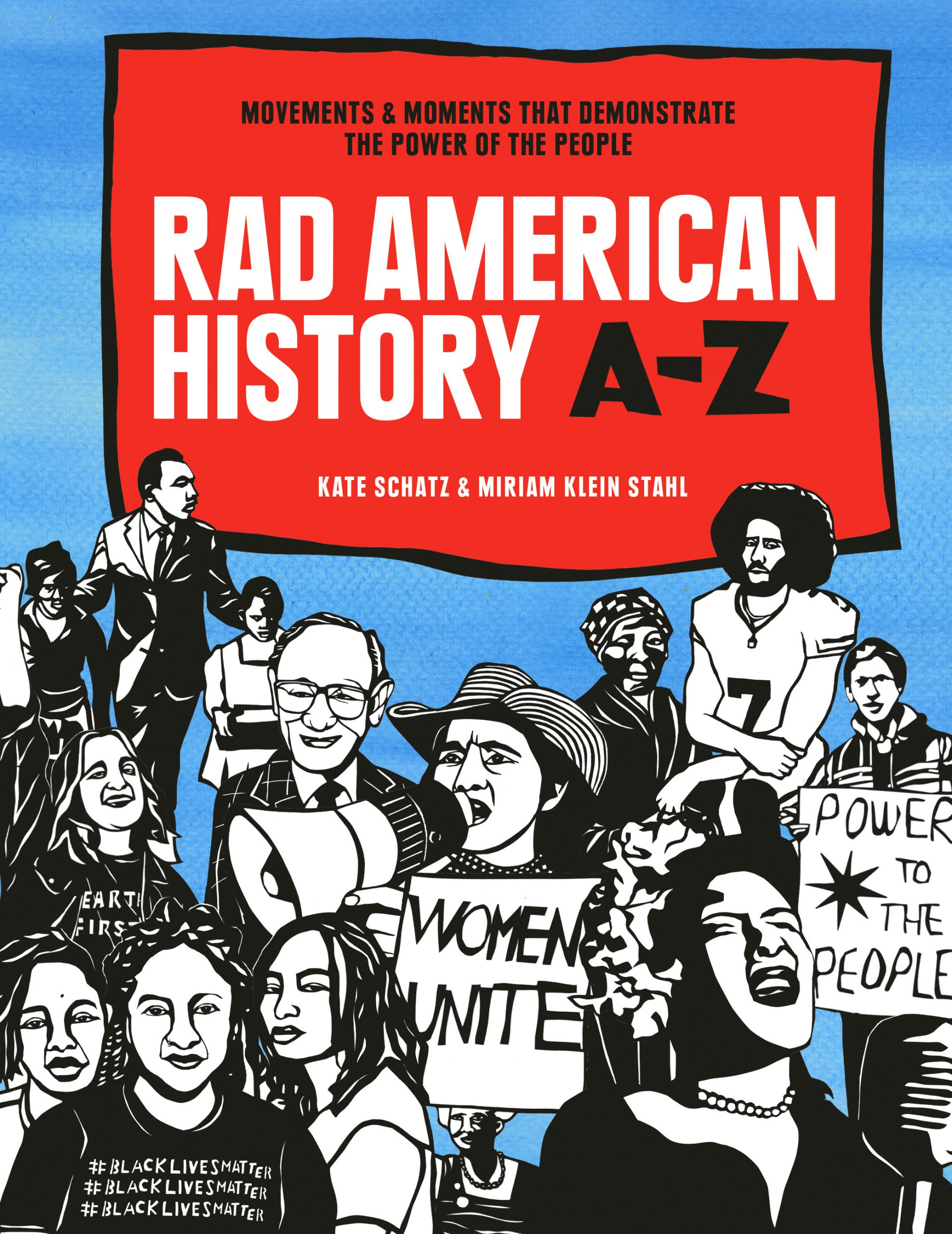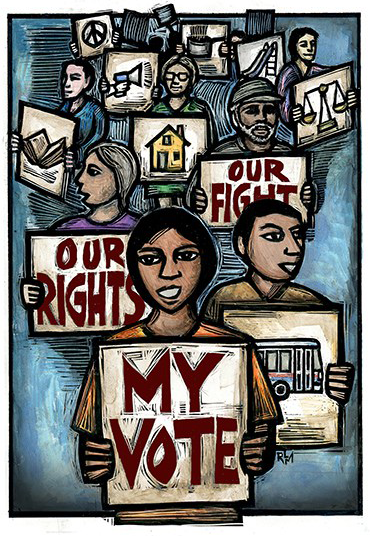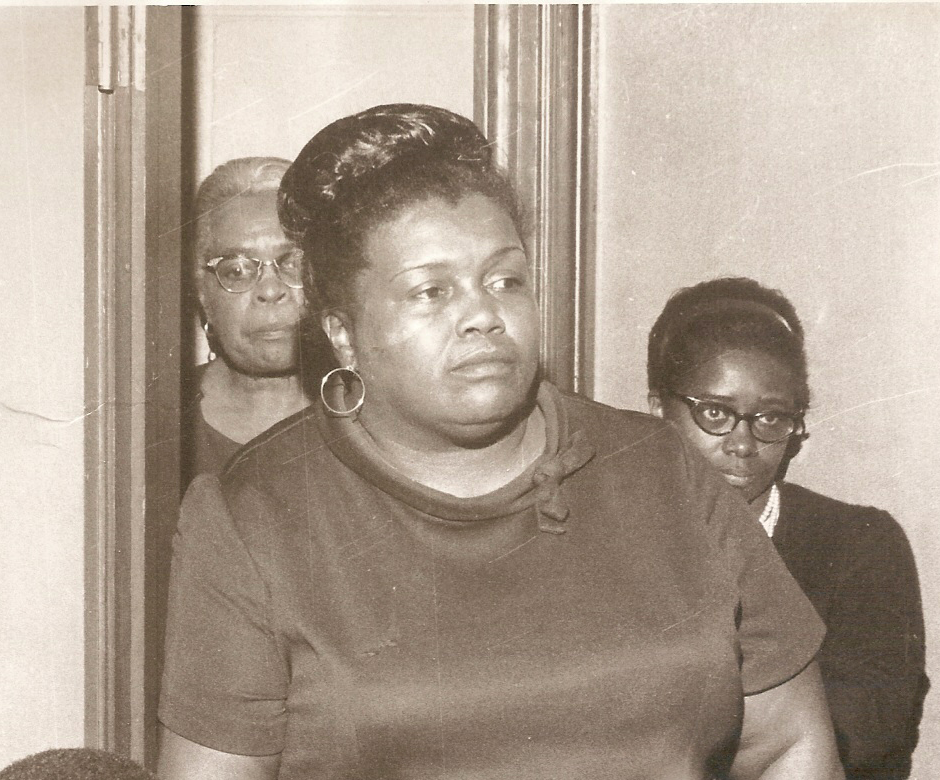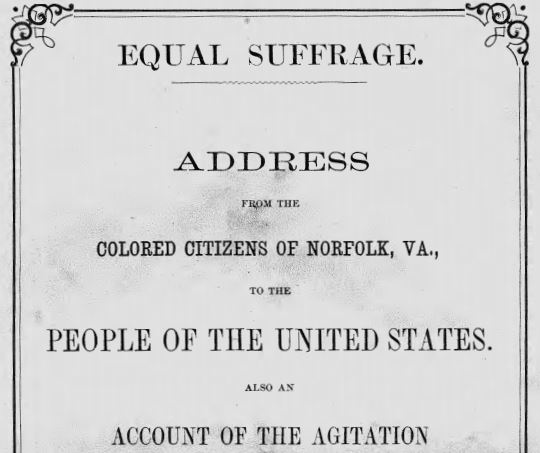The U.S. War Department authorized the governor of Massachusetts to recruit Black troops to the Union Army in the Civil War.
Continue reading
The Bristol Bus Boycott began in England, inspired by the Montgomery Bus Boycott.
Continue reading
Dr. Martin Luther King Jr. made a speech criticizing the Vietnam War and praising Muhammad Ali.
Continue reading
Rutherford Hayes became the 19th President of the United States with a devastating impact on Reconstruction.
Continue reading
Book — Non-fiction. By Henry Louis Gates Jr. with Tonya Bolden. 2019. 240 pages.
Readers trace the rise and fall of racial equity during Reconstruction as increasingly violent white supremacy and new forms of oppression take hold at the turn of the 20th century.
Continue reading
Article. By Richard Dana.
A group of students at Kent State University-Ashtabula helped secure local recognition for Reconstruction era lawyer and writer Albion Tourgee, including a historical marker at his birthplace.
Continue reading
Teaching Activity. By Rowan Shafer. Rethinking Schools.
A teacher adapts the “Climate Change Mixer” designed for older students as a springboard for a unit on global warming and climate justice. She asks, "How could I bring up an issue so big and abstract, so gloom and doom, with 3rd graders? How could I not?"
Continue reading
Film. Directed by Lucy Massie Phenix and Veronica Selver. 1985. 86 minutes.
Documentary about people who learned to organize, and received peer support, at the Highlander Center.
Continue reading
During a Spring filled with pro-immigrant activism, on this day the largest number of people gathered in over 100 cities in the United States to protest new anti-immigrant legislation.
Continue reading
African Americans tested their right to vote and when denied, cast their own “freedom ballots,” on election day in Norfolk, Virginia.
Continue reading
Fred Korematsu was arrested on a street corner in San Leandro, California for resisting Executive Order 9066, in which all people of Japanese descent were incarcerated in U.S. concentration camps.
Continue reading
Congress passed the 19th Amendment to the United States Constitution.
Continue reading
President Roosevelt signed the Servicemen’s Readjustment Act (USA), known as the GI Bill, to provide financial aid to veterans returning from WW II. White supremacy prevented equal access to those benefits.
Continue reading
Teaching materials and guides on the 15th Amendment's significance in 2020 — its 150th anniversary and an election year.
Continue reading
Apply for a mini-grant to teach the 15th Amendment in 2020, the 150th anniversary of the Constitutional right to vote regardless of "race, color, or previous condition of servitude."
Continue reading
Paul Robeson and William Patterson submitted a petition from the Civil Rights Congress (CRC) to the United Nations, signed by almost 100 U.S. intellectuals and activists.
Continue reading
Though our students' textbooks suggest otherwise, on this 150th anniversary of the 15th Amendment the struggle for ballot access is not over.
Continue reading
Book — Non-fiction. By Carol Anderson. 2018. 368 pages.
This history of voter suppression highlights the aftermath and challenges to the 2013 Supreme Court ruling that gutted the Voting Rights Act of 1965.
Continue reading
Book — Non-fiction. By Carol Anderson with Tonya Bolden. 2019. 288 pages.
A young readers edition of Anderson's voter suppression analysis and history, One Person, No Vote.
Continue reading
“Granny D” Haddock completed a 3200 miles walk from California to Washington, D.C. to call for reform of the U.S. system of campaign finance.
Continue reading
Book — Non-fiction. By Kate Schatz and illustrated by Miriam Klein Stahl. Ten Speed Press. 2020. 176 pages.
Paired with dynamic paper-cut art, readers explore several centuries of U.S. politics, culture, art, activism, and liberation.
Continue reading
A U.S. Supreme Court decision bans poll taxes for state and local elections.
Continue reading
Book — Non-fiction. By Lawrence Goldstone. 2020. 288 pages.
This young adult book documents the long and ongoing struggle for voting rights for African Americans.
Continue reading
The Colored Monitor Union Club organized and released their address for equal rights in Norkfolk, Virginia, soon after the Civil War ended.
Continue reading

